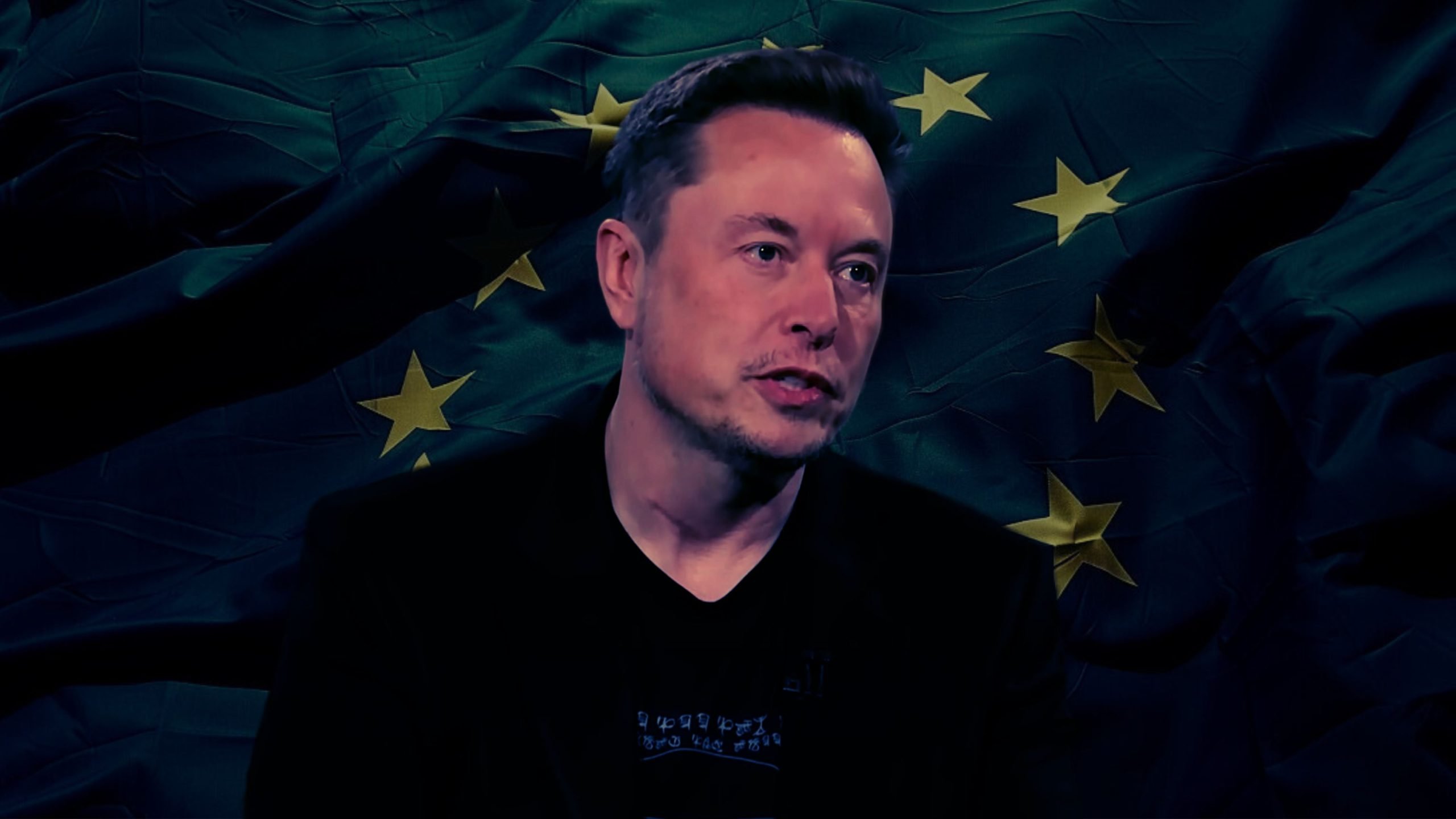The EU and Brazil are sharpening their regulatory knives, and who better to test their shiny new powers on than Elon Musk, the guy who seems to have made annoying pro-censorship bureaucrats his full-time hobby? Musk’s social media platform, X has become the latest target for both the European Union and Brazil — but they’re not just going after X anymore. The powers-that-be have decided that since X isn’t worth much these days, maybe they should slap fines on Musk’s other companies—SpaceX, Neuralink, xAI, and even the Boring Company—just because they can.
It’s the ultimate power move by regulators who seem to be more interested in flexing their muscles than addressing real issues. Why settle for a measly 6% fine on a struggling social media platform when you can drag in rockets, to pad the bill?
The EU’s Latest Power Trip: Digital Services Act as a Blank Check
Enter the Digital Services Act (DSA), the EU’s newest favorite tool for cracking down on “disinformation” and “hate speech” on major digital platforms. It’s got all the right buzzwords—”transparency,” “safety,” and “accountability”—but underneath the noble-sounding veneer, it’s starting to look more like a blank check for the EU to assert control over Big Tech. The law allows for fines of up to 6% of annual revenue for platforms that don’t comply. But when it comes to X, with its plummeting value—now at a measly $9.4 billion, according to Fidelity—the EU seems to be thinking, “Why stop at X when we can go after Musk’s entire empire?”
Think about it: SpaceX, Neuralink, the Boring Company—what do they have to do with social media disinformation? Nothing, really. But the EU’s got a grudge, and they’re not about to let a little thing like fairness or logic get in their way. Musk’s decision to pull X out of the EU’s voluntary Code of Practice against disinformation in 2023 certainly didn’t help matters. Sure, he had initially played nice back in 2022, but when Musk realized that the EU’s idea of “voluntary” meant “you’ll comply, or else,” he bailed.
Now, Brussels is retaliating by threatening to fine Musk’s companies that have nothing to do with social media, all while pretending this is about “protecting democracy.” If it sounds more like a personal vendetta than a reasoned policy decision, that’s because it probably is.
Brazil Freezes Musk’s Assets: Free Speech or Free for All?
Not to be outdone by their European counterparts, Brazil has decided to take its regulatory saber-rattling to new heights. The country’s highest court recently froze the assets of Starlink, Musk’s satellite internet venture, in an effort to squeeze a $3 million fine out of X for failing to censor content. That’s right—Brazil couldn’t get X to bend to their will, so they decided to take Musk’s satellites hostage. All in the name of combating “misinformation,” of course.
What’s particularly galling about Brazil’s move is how blatantly it ignores the principles of free speech and open communication. The accusation that X “facilitated the spread of misinformation and hate speech” sounds noble on paper, but the way Brazil went about enforcing their demands—by freezing assets of an entirely separate company—looks more like strong-arm tactics than legitimate regulation.
At this point, it’s hard to escape the conclusion that these governments are less concerned with disinformation and more interested in exerting control over tech companies that refuse to play by their increasingly arbitrary rules. Musk, who’s spent years promoting free speech as one of X’s core principles, is now facing a global game of whack-a-mole, with each country seemingly more eager than the last to punish him for refusing to fall in line.
Personal Accountability or Public Power Play?
One of the more interesting twists in the EU’s regulatory circus is the suggestion that they might hold Musk personally accountable under the DSA. Why? Because, according to the EU’s interpretation, “the entity exercising decisive influence” over a platform—whether that’s a company or an individual—can be on the hook for any wrongdoing. In other words, if Musk’s platform doesn’t comply, they’re coming for him directly.
This is about using Musk as a punching bag to show the world that the EU is still in charge. Thomas Regnier, a spokesperson for the European Commission, helpfully clarified to Bloomberg, that the DSA’s rules apply “irrespective of whether the entity… is a natural or legal person,” which is bureaucrat-speak for, “We’re gunning for Elon.”












